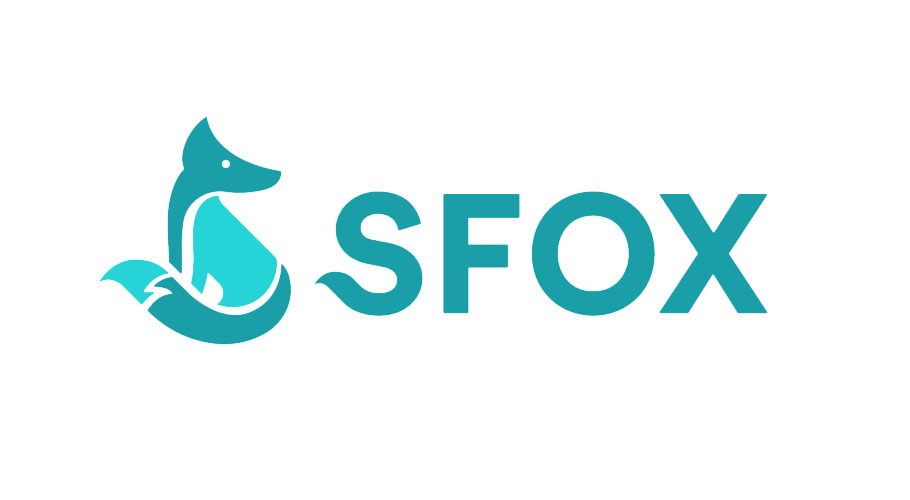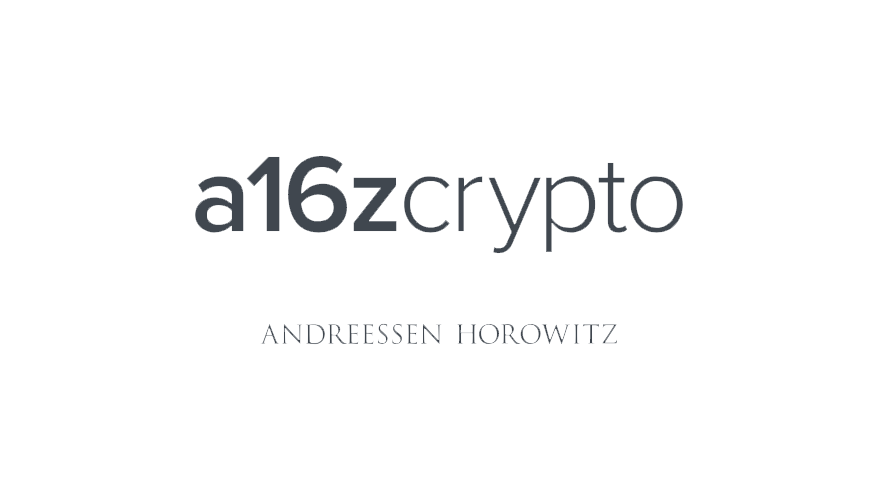Anchorage, the first crypto-native company to receive a federal banking charter from the OCC, today announced an $80 million Series C funding round to expand its digital bank services.
The Series C was led by GIC, Singapore’s sovereign wealth fund, with participation from a16z, Blockchain Capital, Lux, and Indico.
This new round of funding will help Anchorage support institutions in new ways; by bringing crypto to their users, by diversifying their corporate treasuries, and by enabling a wide range of emerging use-cases.
In the following months, Anchorage expects to:
-
Offer at-launch support for new protocols. Anchorage will continue to invest in broad asset support, as well as the kind of at-launch support it has provided for protocols like Celo, Filecoin, and Oasis.
-
Support emerging corporate use-cases. Corporations are increasingly adding crypto to their balance sheets. Anchorage is committed to supporting organizations looking to participate in the digital asset space, from supporting corporate treasuries, to finding strategic ways to incorporate crypto into their operations.
-
Make crypto lending seamless and secure. Institutions want to generate yield on their crypto holdings in a way that is easy and secure. Anchorage plans to scale its lending product and operations, diversifying loan types and giving lenders a truly seamless and secure lending experience.
-
Be a crypto partner to neo banks, challenger banks, and traditional banks. Being the first national bank places Anchorage at the overlap of two systems; the legacy financial system, and the emerging world of digital assets. Anchorage is committed to partnering with a wide range of financial institutions; to make it easy and secure to offer crypto services.
-
Make institutional DeFi participation accessible. Anchorage has been an early proponent of DeFi; offering custody support for many DeFi tokens, bringing wrapped layer-one protocols to Ethereum, and supporting Bitwise in the launch of the first DeFi crypto index fund. In the coming years, Anchorage looks forward to facilitating greater institutional participation in the space.






















